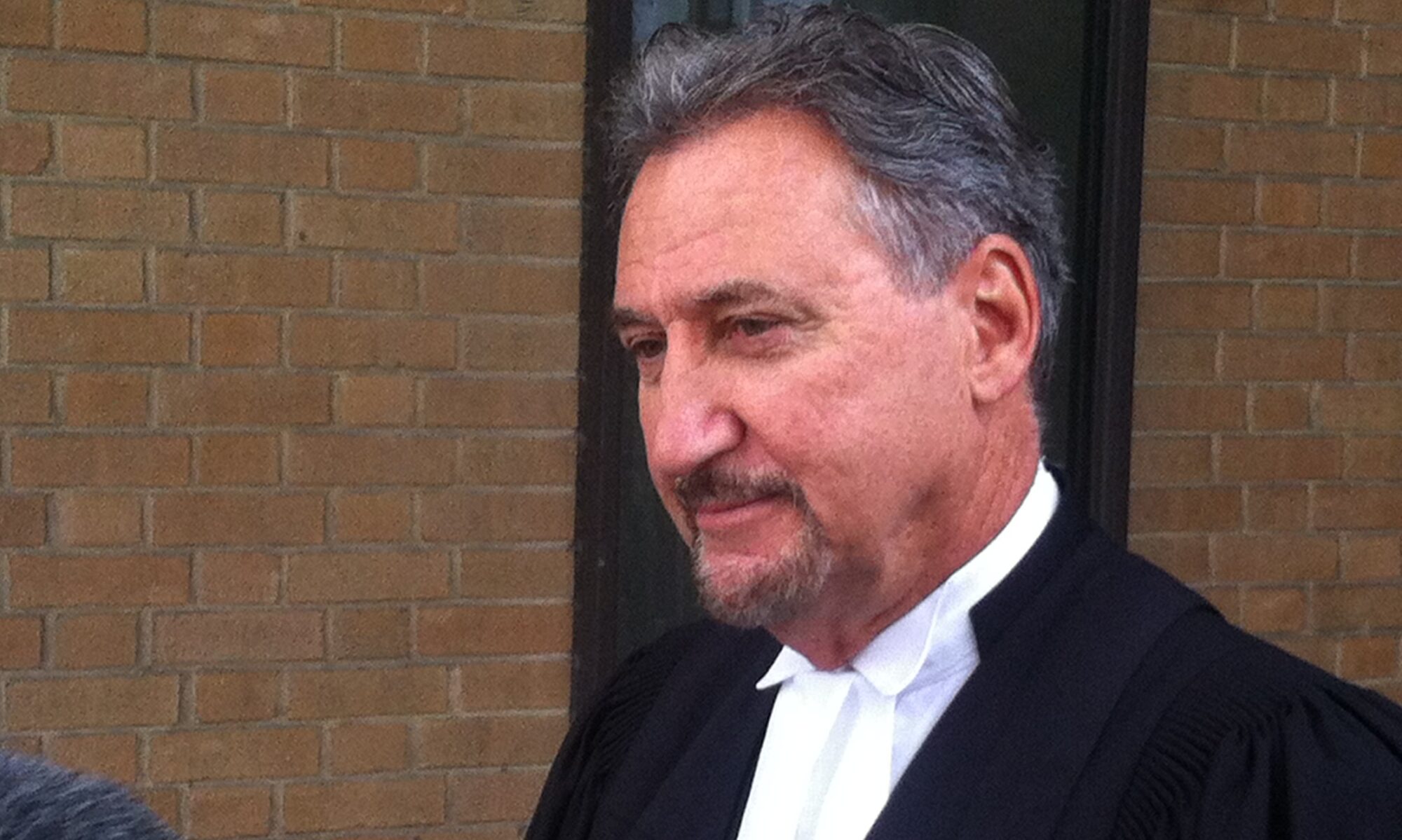 |
| Patrick J Ducharme |
Section 537 of the Code provides the presiding Justice with broad powers to regulate the preliminary inquiry. These powers are made even wider because the presiding Justice may “regulate the course of the inquiry in any way that appears to him to be desirable and that is not inconsistent with this Act.”
Section 540 protects the right to full cross-examination, and, failure to provide this right at the preliminary inquiry may lead to jurisdictional error and quashing of an order to stand trial. The defence also has the right to call witnesses, although this is rarely done. For tactical reasons the defence generally prefers not to expose its intended evidence at trial at the preliminary hearing stage. However, if the defence chooses to call witnesses, the only limitation that can be placed on the calling of the evidence is that the Justice is to hear each witness called by the accused who testifies “to any matter relevant to the inquiry”. Relevancy is not limited to evidence that assists the Justice in making a decision as to sufficiency for committal. Relevancy may relate to matters relevant to a defence.
Subsection 537(1) (g) permits the presiding Justice to receive evidence on the part of the prosecutor or the accused, as the case may be, after hearing any evidence that has been given on behalf of either of them. Although awkwardly worded, this section seems to provide the Justice with the power to allow both reply evidence and rebuttal evidence.

The above is the an excerpt of Patrick J Ducharme's book, Canadian Criminal Procedure, available at Amazon or in bulk through MedicaLegal Publishing along with Criminal Trial Strategies.
Subscribe to Patrick Ducharme's Youtube Channel
